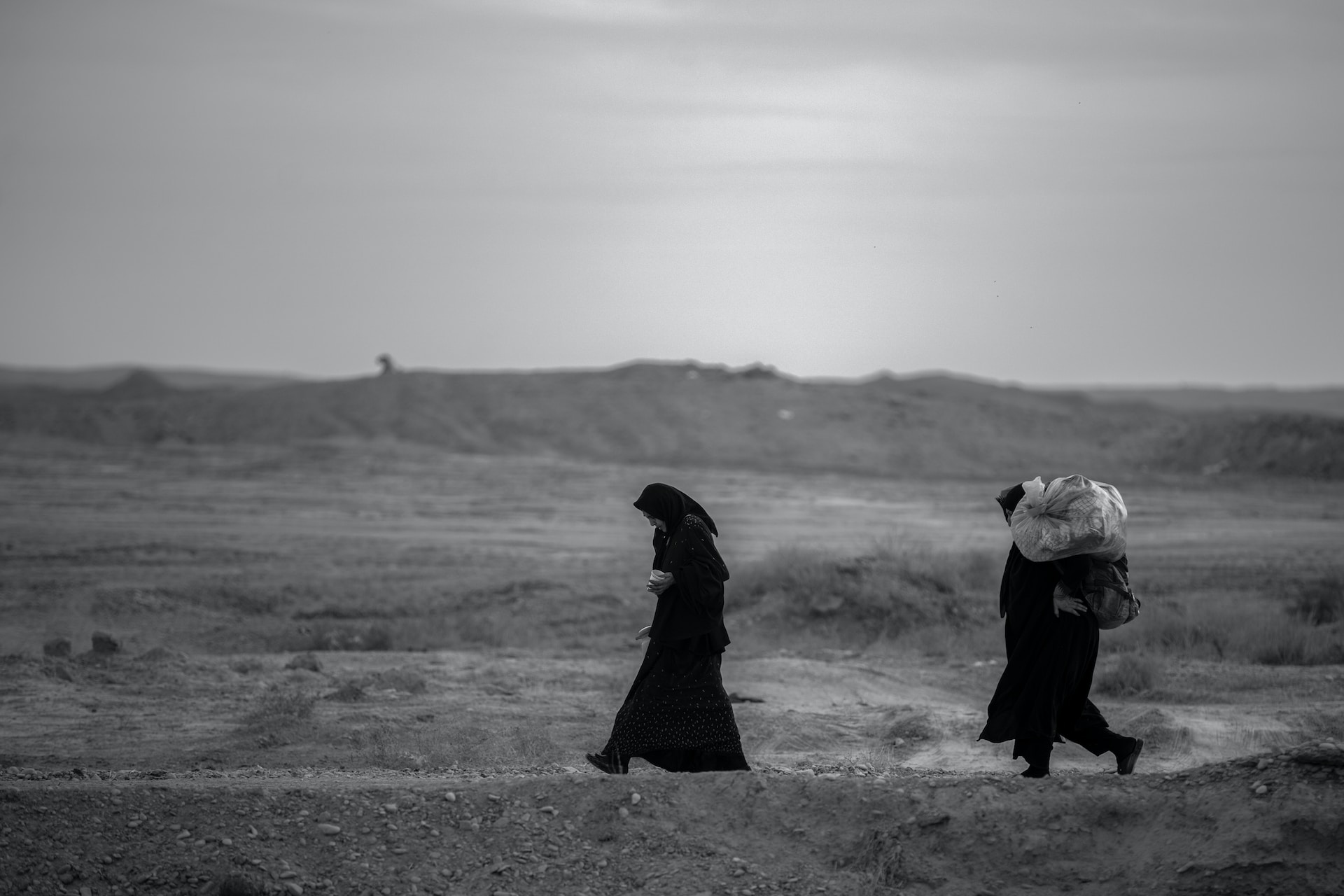
Israel’s social welfare system is undergoing significant changes and challenges, particularly in the wake of the COVID-19 pandemic, the October 7 Hamas onslaught, and the ongoing conflict in Gaza. Despite these challenges, the government’s social expenditures have seen a considerable decline.
The Decline in Social Expenditures
According to the latest State of the Nation Report by Jerusalem’s Taub Center for Social Policy Studies, there has been a notable decrease in state funds allocated for social services. The report indicates a significant drop in social security expenditure and a minor increase in education and social welfare spending. This change comes at a time when the need for social support, especially in healthcare and unemployment, has skyrocketed due to recent crises.
The Struggle with Social Worker Shortage
One of the critical issues highlighted in the report is the shortage of social workers across municipalities and public bodies. This shortage is particularly acute in areas with high levels of social distress, affecting the state’s ability to adequately support its most vulnerable populations.
Healthcare and Unemployment Trends
Despite a reduction in healthcare expenditure, the total spending in this sector still reflects the increased needs brought about by the pandemic. On the other hand, a significant decline in unemployment insurance recipients indicates a recovering labor market post-pandemic.
The Paradox in Social Security Spending
Interestingly, while there has been a decrease in overall social security spending, there is an increase in the number of recipients for certain benefits, such as those for the elderly and individuals with disabilities. This increase, however, is not uniformly distributed across all sectors of society.

The Controversy of Food Voucher Distribution
A particularly contentious issue is the distribution of food vouchers. The Taub Center’s study reveals a disparity in the allocation of these vouchers, with ultra-Orthodox (haredi) families above the poverty line receiving more assistance than other groups below the poverty line. This imbalance raises questions about the equity and effectiveness of the program.
Efforts to Combat Poverty
Despite these challenges, there is a renewed effort to address poverty in Israel. The Knesset’s recent approval of a bill to establish an authority for the War on Poverty indicates a commitment to tackling this issue more effectively.
Conclusion: A System Under Strain
The Taub Center’s findings paint a picture of a social welfare system under strain, struggling to meet the increasing demands with limited resources. While there are efforts to improve and adapt, the current situation highlights the urgent need for a more equitable and effective approach to social welfare in Israel.
©jewishsolidarity.org
